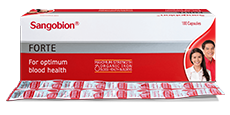Blood as a Life Force
There is power in your blood. About 5 litres of blood is pumped through your body every minute. Blood is a living tissue that flows through thousands of kilometres of blood vessels, delivering oxygen and nutrients to the organs and carrying waste products away. Blood also transports cells, hormones and proteins that regulate many body functions such as fighting infection and controlling blood loss.














